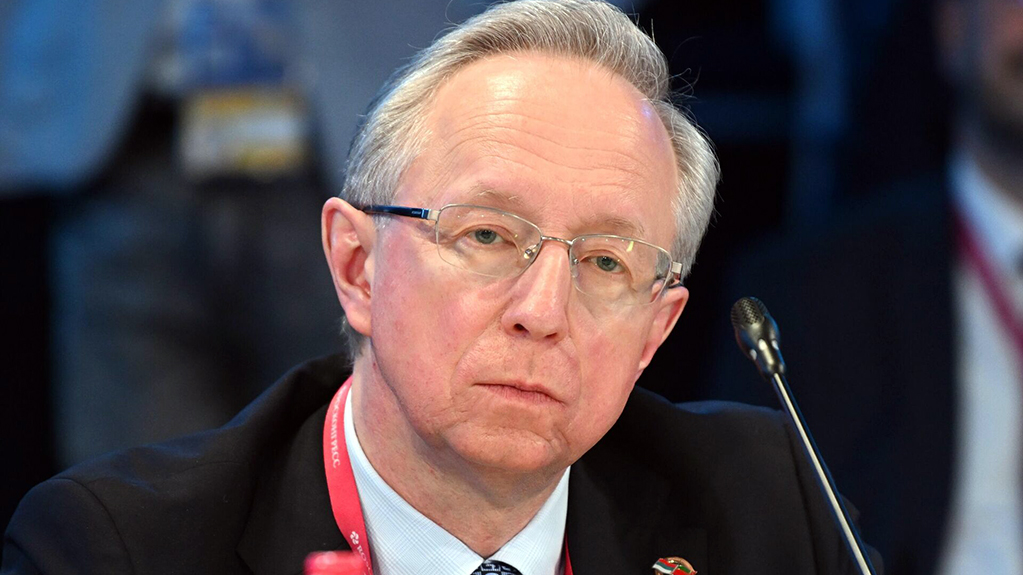Russian Deputy Foreign Minister Mikhail Galuzin stated that the prerequisites for normalization in the Sukhum-Tbilisi-Tskhinvali "triangle" will emerge once Georgia accepts the "existing reality" and is ready to build relations with the de facto republics "based on the principles of equality, mutual respect, and consideration of each other's interests."
News
Galuzin commented on the plans to return the occupied Abkhazia and Tskhinvali region in response to a statement by the Georgian Prime Minister, Irakli Kobakhidze. He was asked whether this Georgian dream could come true.
"I think the reactions that followed these statements in Sukhumi and Tskhinvali speak for themselves. Abkhazia and South Ossetia made their sovereign choice back in 2008, after Mikheil Saakashvili's regime tried to forcibly return one of these republics to Georgia and threatened the other with similar actions.
As we understand, the Georgian authorities learned a lesson from this criminal adventure and aim to 'return' Abkhazia and South Ossetia in a peaceful way.
First of all, we are talking about Georgian 'reintegration' programs and initiatives, the most important of which is 'A Step Towards a Better Future.' Abkhazians and South Ossetians have repeatedly expressed their negative attitude towards 'undermining' their sovereign status and attempts to bring them under the jurisdiction of Georgia, noting that the only 'step towards a better future' will be the recognition of the independence of these countries," Galuzin said.
The Russian diplomat emphasized the key importance of signing legally binding guarantees on the non-use of force "between Georgia on one hand and Abkhazia and South Ossetia on the other, as well as resolving the border delimitation issue between them." Galuzin noted that all these issues will be discussed within the Geneva international negotiations.
"This format provides a unique opportunity to maintain an equal dialogue and find a common language between the official representatives of Tbilisi, Sukhumi, and Tskhinvali through international mediation. We support the activation of work within the Geneva international negotiations. I know that Abkhazians and South Ossetians are ready for this," said Mikhail Galuzin.
During his speech at the Independence Day event on May 26, Prime Minister Irakli Kobakhidze said that Georgia is going through "a kind of Moses' path," which, as he said, will definitely lead the country to the "promised land." "Our 'promised land,' that is, the Georgian dream, is to live in a united and strong Georgia together with our Abkhaz and Ossetian brothers and sisters in 2030, forty years after the restoration of Georgia's independence. A united and strong Georgia should become a full member of the European family in 2030," said Kobakhidze.
Sergei Shamba, the secretary of the de facto Security Council of occupied Abkhazia, stated that the return of Abkhazia is a foreign political task of Georgia, while Abkhazia has its own tasks: "the construction of an independent state, and the development and strengthening of its statehood." Shamba emphasized that Abkhazia is not going to discuss issues of confederation or any other relations with Georgia. In occupied Tskhinvali, they also responded to Irakli Kobakhidze. The Foreign Affairs Ministry of the so-called Republic of South Ossetia announced that they consider any talk about joining Georgia to be "categorically unacceptable."















